Next year is the UN International Year of Fruit and Vegetables, which aims to raise awareness of the nutritional and health benefits of eating these foods. In 2019, edible crops accounted for almost €400m of the total €467m farmgate value of horticultural crops. The field vegetable sector was worth almost 16% of the horticulture output, valued at €77.9m. The huge plus for this sector is that it produces a healthy product with growing demand and a positive image.
The main business of fresh vegetable production is focused around large-scale grading and packing of vegetables for supermarkets and food service channels. While there is no significant vegetable processing sector in Ireland, there is a distinct separate market for fresh prepared vegetables sold into food service.
The total production area for field vegetables in 2019 was about 4,369ha.
There are around 135 field-scale commercial vegetable growers, with the low numbers reflecting a significant consolidation within the sector in the past two decades. In this period, production has increasingly concentrated in Leinster, with north Dublin, Meath, Louth, Kilkenny, Wexford, Kildare and Laois accounting for the majority of these farms and Cork having its own dedicated grower base.
The trend of consolidation of supply continues as commercial viability is increasingly linked to suitable land/soil, scale of operations, marketable yield and the market supplied. The proportion of the area sown to different crop is shown in Figure 1.
Farm units are typically family-run operations producing compatible crop types based around shared equipment and crop rotations (mainly cereals, potatoes and field-grown vegetables).
Nearly all field vegetables are grown with a definite market in place, with very little speculative growing. Agreeing long-term crop programmes with retailers has become an essential part of planning for today’s grower and will be important in the future to ensure a supply of locally grown seasonal vegetables. Ireland has a strong cohort of well-established professional growers with the skills and capacity to increase the domestic market share of sustainably produced fresh produce.
Weather and labour challenge
Many growers report that it is getting more difficult to grow vegetables, with extremes in weather occurring more frequently. The weather in any given year has a massive bearing on the land conditions, the additional cost of harvest, market conditions and, in turn, the profitability of field crops. Securing suitable land for vegetable production has become a difficult task in itself as finding fertile soils near watercourses for irrigation can be challenging.
Recent years have seen high investment in specialist equipment to speed up the harvest, while minimising any compaction damage when soils are wet.
Labour availability is a critical issue for the continued viability of the field vegetable sector in Ireland.
Despite investment in increased mechanisation and labour-saving devices, a typical vegetable farm will always have a huge dependence on manual labour for harvesting and packing. The “outdoor” nature of working on field vegetable farms can often make such work less attractive and it can be difficult to recruit staff.
Retail market
The key market for this sector in Ireland is the retail market. The primary driver for consumer purchase of fresh vegetables in-store is appearance and freshness, two attributes that Irish vegetables deliver on. Continued strong consumer purchasing of traditional vegetables is of paramount importance to Irish producers, especially with the increasing availability of non-Irish vegetables from around the world.
The total retail market for fresh vegetables in Ireland is valued at €607.4m annually and the top 20 products (value wise) are shown in Figure 2. COVID-19 and the resulting travel restrictions saw a significant increase in the demand and sales for fresh vegetables, with the market increasing by 24.7% between March and June 2020.
With restaurants and cafes closed, people embraced home cooking and as working from home becomes the “new norm”, it is predicted that this trend will continue for the foreseeable future.
The food service market for vegetables was seriously affected by COVID-19 and will take some time to recover. The value of the food service fresh produce market is estimated to be €400m (at wholesale prices pre-COVID-19) and vegetables account for 42% of this market.
Organic, minor and prepared vegetable opportunities
Growing any outdoor crop in Ireland takes a huge amount of knowledge and expertise. Growing vegetables to organic standards brings even greater challenges around land certification, rotation and labour, as well as pest, weed and disease control.
However, field-scale organic vegetable production represents a significant market opportunity. Organic vegetable farms in Ireland are usually smaller operations growing a larger range of crops than the more specialist conventional vegetable farms. This is reflected in the additional routes to market available to organic growers, such as delivery box schemes, farm shops and farmers’ markets.
Many so-called “minor veg”, organic and conventional crops, are imported which could offer market opportunities for Irish growers.
Additionally, demand for prepared convenience-cut veg also offers considerable value-added opportunities in the fresh vegetable market.
Fresh produce promotion
The key objective of all promotions by Bord Bia is to put locally sourced, in-season fresh fruit and vegetables at the centre of a healthy balanced diet. Bord Bia currently supports the field vegetables sector through its Best In Season campaign.
School children are encouraged to eat fruit and vegetables through the Food Dudes programme, run by Bord Bia and supported by funding from the EU and the Department of Agriculture. In addition Bord Bia, industry partners and Departments of Health & Education support the Incredible Edibles Schools Programme which promotes an interest in the growing and consumption of fresh produce.




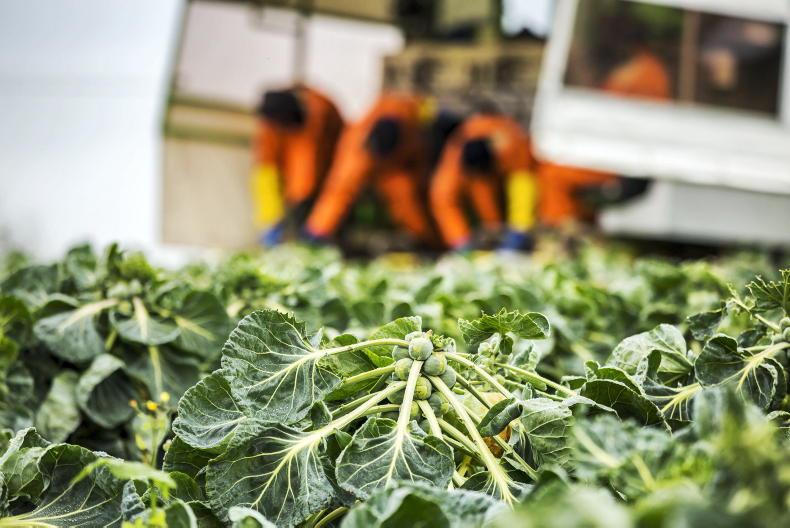
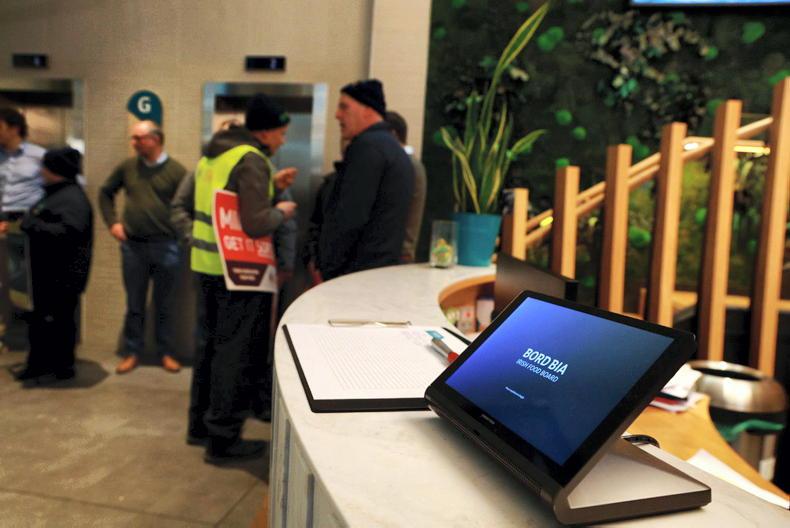

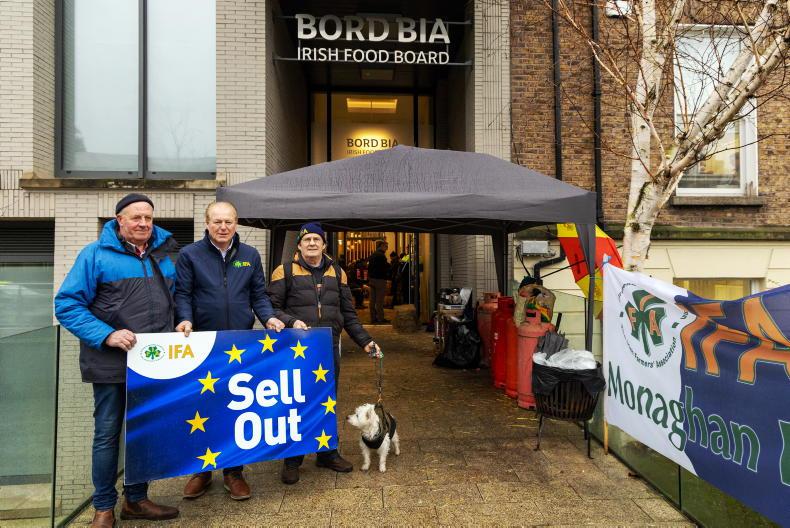
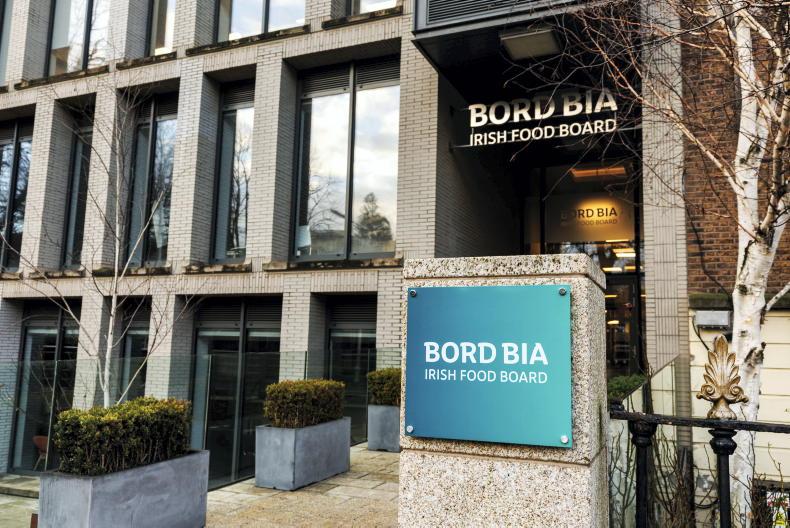
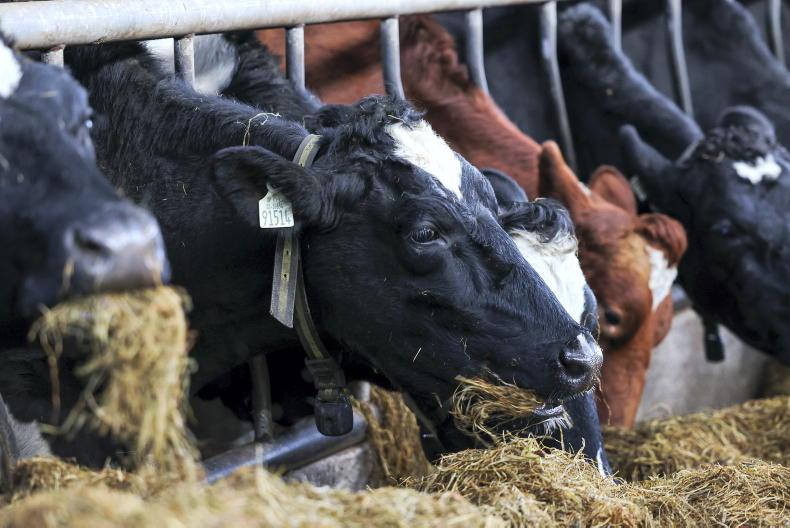
SHARING OPTIONS